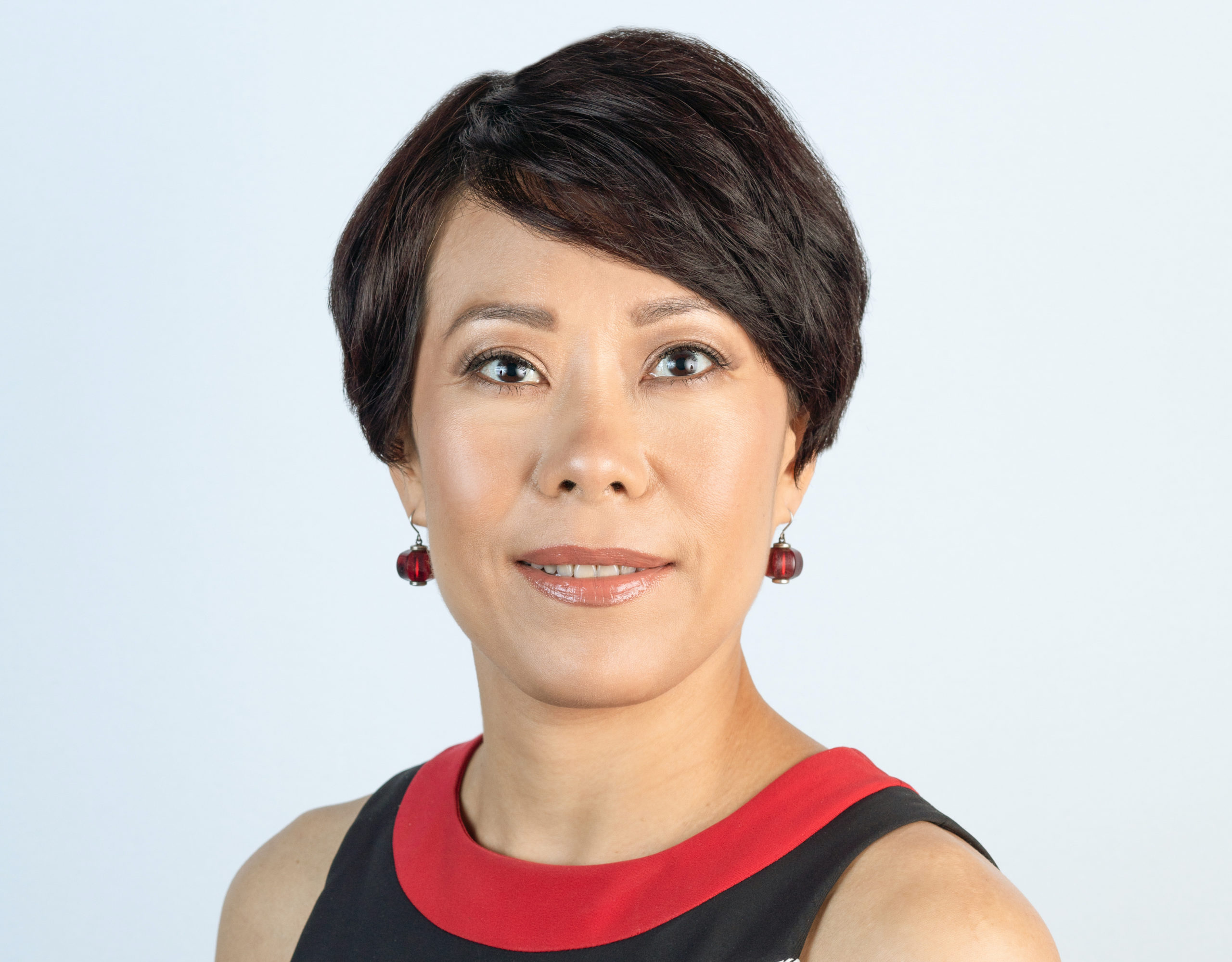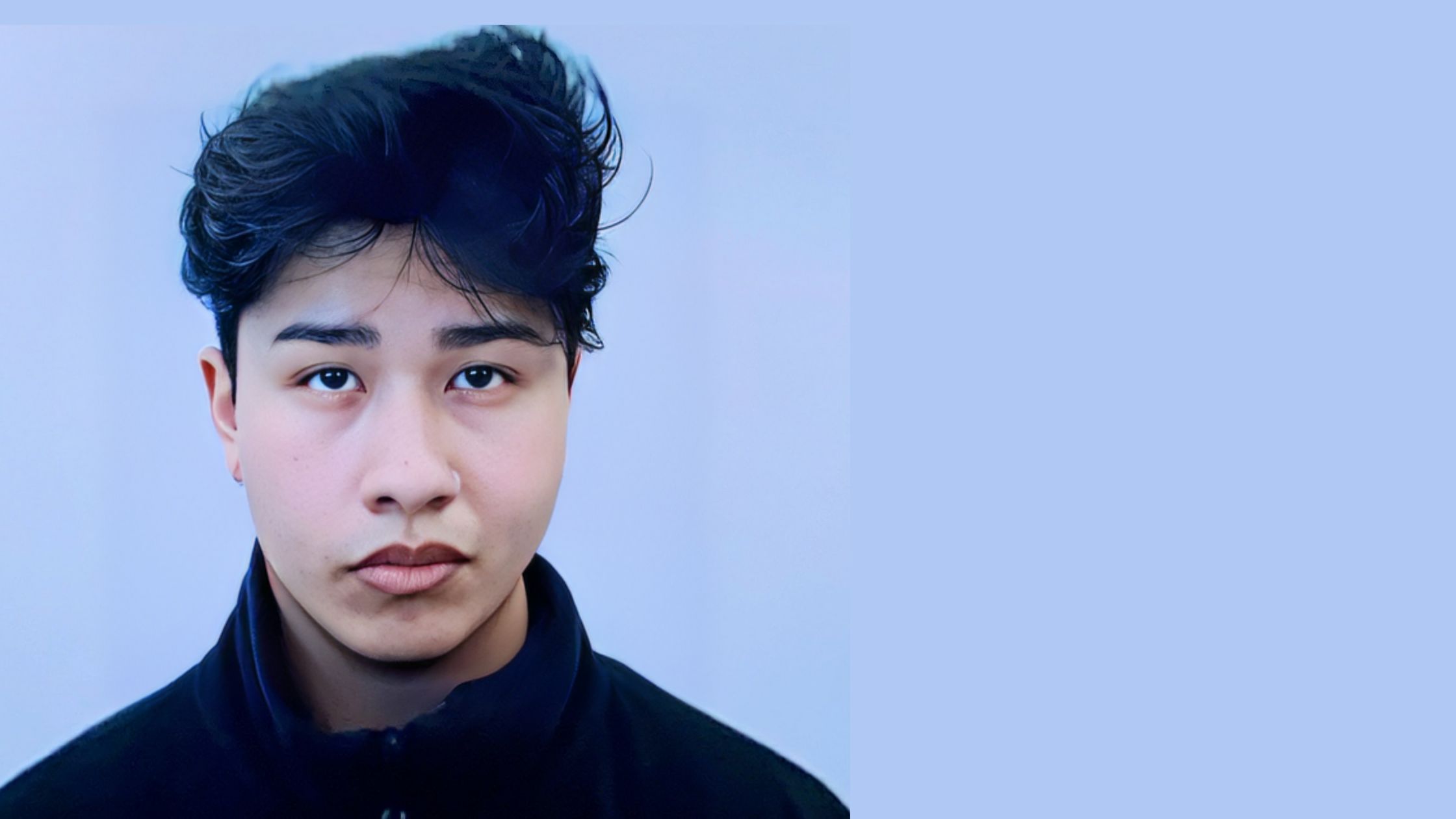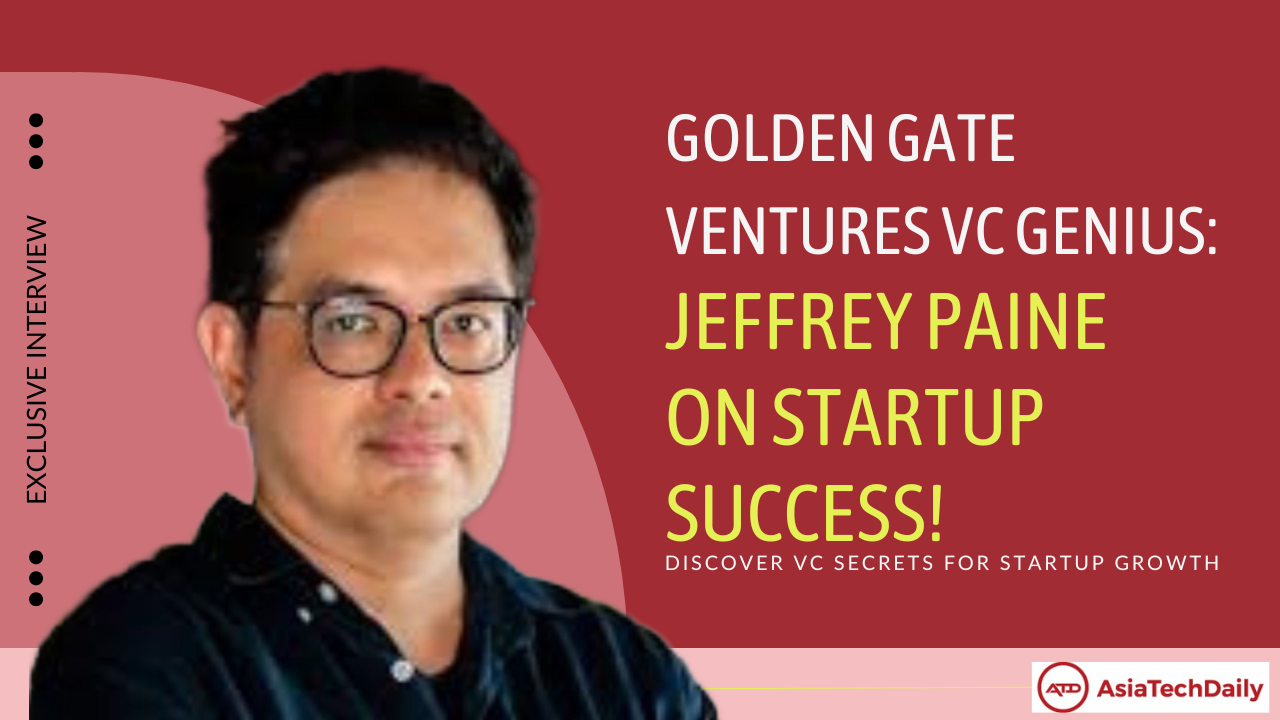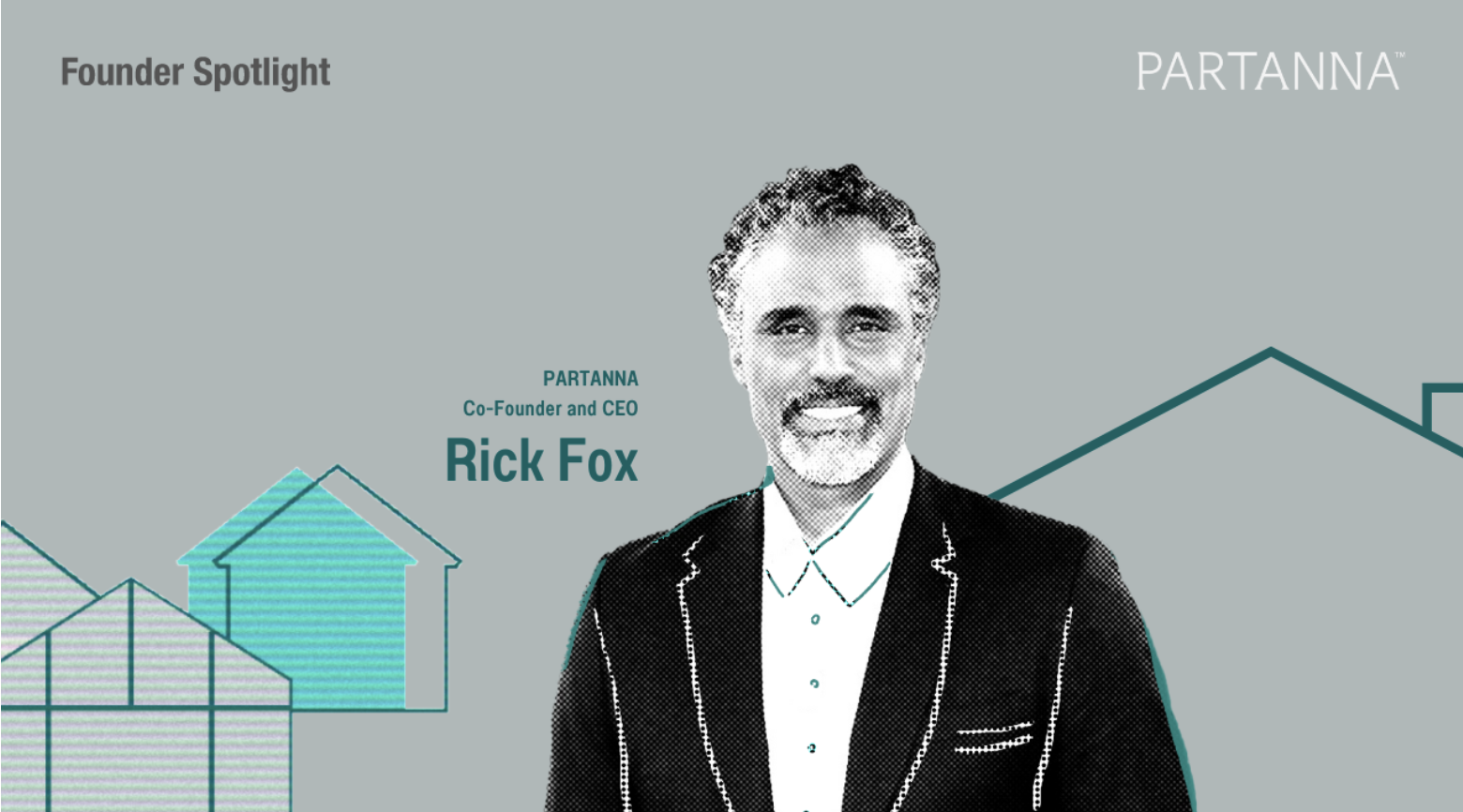AsiaTechDaily – Asia's Leading Tech and Startup Media Platform

How Phoebe Yu Founder And CEO Of ettitude Raised $3M To Develop Eco-Friendly Bedding Solutions?
Phoebe Yu is the CEO and Founder of ettitude. While shopping for her own home after moving to Melbourne, Australia, Phoebe spotted an opportunity within the bedding market to create sustainable luxury for less. Her vision of revolutionizing the bedding industry saw Phoebe bridge her entrepreneurial instincts, passion for sustainability, and understanding of fabric technology. After years of testing materials, weaving and dying techniques, and harnessing a decade of experience working in supply chain management and merchandising, Phoebe perfected and launched ettitude’s innovative bamboo lyocell fabric 2014. By 2018, ettitude expanded globally, opening a Los Angeles office. In 2019 ettitude was named “International Conquerer” by Online Retail Industry Awards in Sydney for demonstrating significant growth in international markets. Before ettitude, Phoebe had founded two international trading and sourcing companies in Asia.
In an exclusive interview with AsiaTechDaily ,Phoebe Yu says:
I’d like to be remembered as an innovator, a firm believer that, to solve the climate change problem, consumers shouldn’t need to sacrifice. Still, rather we can harness innovation in new technologies to solve problems at scale.
I make sure I get up early, exercise, and carve out some time each evening to walk with my husband. I find I can maintain motivation because I believe in the problem we’re solving, and I’m committed to our small but passionate team.
I’d stop eating meat sooner. I stopped around 6 years ago, and I am so glad I did; it’s beneficial for both the environment and for individual health. When I eat cleanly and exercise, I feel more energized. I’d also start weight training earlier in my life. I find it’s a very efficient exercise method to keep me fit and feeling energized, and enables me to sustain long working hours.
Read on to know more about Phoebe Yu and her journey.
Please tell me about your personal background, and What motivated you to get started with your company?
Phoebe Yu: I grew up in China, where I started my career in logistics and supply chain management. I had a role with a state-owned import and export company based in Shanghai, and then launched my own home textiles sourcing company helping large retailers such as Walmart, Pier 1 and Target to source products in China. These experiences gave me a great understanding of managing multiple projects, streamlined processes, and a front-row seat to just how unsustainable and environmentally damaging manufacturing could be. I grew increasingly disappointed that retailers had no interest in lowering these environmental impacts and that their main concern was minimizing the cost of the product.
When I moved to Melbourne, Australia, and began decorating my new home, I struggled to find the bedding that was of high quality and affordable and sustainably made. It sparked the idea to create a groundbreaking textile and start the ettitude brand. I saw an opportunity to fill the gap in the market while bringing all my expertise and experience to create something that was both good for the planet and good for consumers. I came up with the name ettitude to mean “eco-attitude”: living mindfully to sustain a more comfortable existence for all
What is your current main product, and can you share any previous product pivot story to the current product?
Phoebe Yu: We started ettitude with our signature CleanBamboo™, a one-of-a-kind textile made from 100% organic bamboo lyocell. We spent years developing this fabric in partnership with a textile university in Shanghai. It was important from the beginning to launch with our groundbreaking, water-saving fabric, which has formed the basis for virtually every product in our range. Our first line consisted of bedding, which remains a core pillar of our offering today and remains our most popular product. Today we also offer sleepwear, accessories, bath towels, robes, and more using different kinds of innovative, sustainable fabrics, and weaves.
How much money have you raised in total so far? When was the recent funding round?
Phoebe Yu: We closed a $1.6 million venture round in May this year. This has been our first and only formal VC round, adding onto the $1.4M we raised from individual investors in 2018-2019. Before that, I bootstrapped ettitude and sought crowdfunding to develop early products.
What were the internal decision processes in determining when to begin fundraising, and what were the logistics for this? And how many investors have you met so far, and how did you meet these investors and which channels worked best for you?
Phoebe Yu: We’d been working towards a VC round for some time. After ettitude expanded into the United States in late 2017, the process of working toward finding investors began. The goal was to find investors who shared our values and understood our mission. Our process for finding investors started with my and my co-founder Kat Dey’s existing networks, the network from Entrepreneurs Roundtable Accelerator we participated in in 2018, as well as new connections made via introductions, speaking engagements, and conferences. We spoke with over 200 investors to find those who aligned with our mission. Our lead investor – Drumbeat Ventures – invests in breakout brands with a strong sense of purpose and set of values that serve as the foundation of their business model and organizational culture. With our intense focus on sustainability and innovation, we saw an alignment early on in our relationship with Drumbeat and have since had a productive partnership. Drumbeat was joined by TA Ventures and Metropolis Ventures, funds that focus on technology innovations and consumer brands. The process of closing our 2020 round presented unique challenges given the COVID-19 pandemic. However, we are fortunate to have an offering that is uniquely in-demand right now. Comfort at home is more important than it’s ever been, and our business has continued to grow at a fast clip.
What are the biggest challenges and obstacles that you have faced in the process of fundraising? If you had to start over, what would you do differently?
Phoebe Yu: By far, the biggest challenge has been COVID-19, the economic impact of which was starting to become a global issue just as we were approaching closure of the round. It required us to work harder to demonstrate how robust our business was and how our brand was well positioned to negotiate the rapidly changing and fluctuating international retail market. At a broader level, any founder faces certain obstacles. We know that the female founders are typically less likely to secure funding as quickly or as ‘easily’ as their male counterparts. Harvard Business Review shared an interesting story at the beginning of the year that highlighted some of the entrenched barriers to female entrepreneurship, particularly the VC process. Fundraising is very time-consuming. If I were to do it again, I would do more research and be more selective about who we talk to from the start.
What are your milestones for the next round? And what are your goals for the future?
Phoebe Yu: We plan to use the funding from this round to invest in marketing, product expansion, and team to more than double this and next year, as well as to reach profitability by 2021.
How have you attracted users, and with what strategy have you grown your company from the start to now?
Phoebe Yu: In the early days, we grew primarily based upon word of mouth. As we started to gain traction, reviews and customer testimonials became increasingly important. Our products are incredibly soft to the touch, but because we’re an e-commerce business selling DTC, we have to work harder to convey the softness that sets us apart. We look to feedback to engender trust in our prospective customers and the community as a whole. As we’ve matured and evolved our focus to scale and efficiency, the same core strategy remains true. We see great success when we allow the customer to tell the story, so personalized, testimonial-style ads and earned media perform well for us.
Which has been the best marketing software tool for the growth of your startup, and why?
Phoebe Yu: Any tool that enables us to nurture a relationship with the customer is an important tool for us. We use Klaviyo for email marketing, which drives about a quarter of our business, and recently started to see great success with mobile messaging via Attentive. We’re always testing new and emerging tools and software, but find that focusing our small team’s time and energy on the core channels and tools leads to the most success.
What do most startups get wrong about marketing in general?
Phoebe Yu: When you’re running a startup, it’s tempting to throw everything, but the kitchen sink out there to see what sticks. I mean this in terms of channels and software just as much as messages or even products. In my experience, entrepreneurial ambition sometimes manifests itself as fear-of-missing-out. But ironically, when you’re an early-stage company that’s still working on establishing awareness with a limited budget, repetition of your core message and focusing on channels that can scale are the two most important strategies you can take.
How do you plan to expand globally?
Phoebe Yu: We’ve already expanded globally from our home base in Australia to the United States. We expanded into the US to more efficiently manage our global customer base, grow our brand into a new market, and partner with a wider range of like-minded companies and tastemakers. All of this is at the service of our founding mission to create a more comfortable world for all—reaching a larger audience allows us to highlight our offering and decrease the need for customers to purchase less sustainable alternatives.
What are the most common mistakes companies make with global expansion?
Phoebe Yu: It can be difficult to negotiate to maintain a company’s culture when you start to have global teams working across multiple markets. Leadership teams need to be willing to work around barriers, both geographically and culturally. But the importance of local knowledge can’t be overstated, and this is something that some companies can neglect when they’re expanding. Local teams are vital to ensure a business can remain agile and adaptive to new conditions in unfamiliar markets. The challenge is making the local teams work seamlessly together — with remote work becoming increasingly common. Human connections must still be important for great team collaborations. Hence, at ettitude, we put intentional effort to facilitate these connections between team members in different locations.
How do you handle this COVID-19 outbreak situation for your company’s survival in the future?
Phoebe Yu: We are in a fortunate position to ride out the COVID-19 storm because we’re creating products that deliver one of the consumer’s top priorities—comfort at home. ettitude was founded on the belief that our worldly comfort shouldn’t come at a cost to the planet, and that narrative has never been more relevant. Not only has COVID-19 awoken us to the emotional importance of our home environments, but it has also forced us to slow down and open our eyes to climate injustice. In many ways, this year has been one big reminder that we can all play a part in returning our world to harmony, and that’s what ettitude stands for.
What are the most common mistakes founders make when they start a company?
Phoebe Yu: Not having clarity in their vision and trying to do too much/deliver too many outcomes. Startups thrive when they hone in on solving a problem, and the best way to do that is to keep your focus narrow and purposeful.
What’s the best advice you’ve ever received? And What advice do you have for someone who is interested in doing similar things like yours or in a similar direction?
Phoebe Yu: People will give you advice and lots of it. The trick is learning what to listen to and what to discard. Saying no will be harder than saying yes, yet what you say no to will have the biggest impact.
What are the top-three books or movies (TV series) that changed your life and why?
Phoebe Yu:
- Let my people go surfing by Yvon Chouinard
- Journey To The West by Wu Cheng’en (an ancient Chinese novel, regarded as one of the four great classical novels of Chinese literature)
- A Brief History Of Time by Stephen Hawking
How do you keep yourself motivated every day?
Phoebe Yu: I make sure I get up early, exercise, and carve out some time each evening to walk with my husband. I find I can maintain motivation because I believe in the problem we’re solving, and I’m committed to our small but passionate team.
What are the one or two things that you would do differently to improve your life if you could go back to 10 years ago?
Phoebe Yu: I’d stop eating meat sooner. I stopped around 6 years ago, and I am so glad I did; it’s beneficial for both the environment and for individual health. When I eat cleanly and exercise, I feel more energized. I’d also start weight training earlier in my life. I find it’s a very efficient exercise method to keep me fit and feeling energized, and enables me to sustain long working hours.
What would you like to be remembered for?
Phoebe Yu: I’d like to be remembered as an innovator, a firm believer that, to solve the climate change problem, consumers shouldn’t need to sacrifice. Still, rather we can harness innovation in new technologies to solve problems at scale.
You can follow Phoebe Yu here.
Are you looking to secure investment for your startup or a keen startup enthusiast, keep an eye on our interview section.
Follow Asia Tech Daily to know about the innovative startups and how they are revolutionizing the ecosystem.





